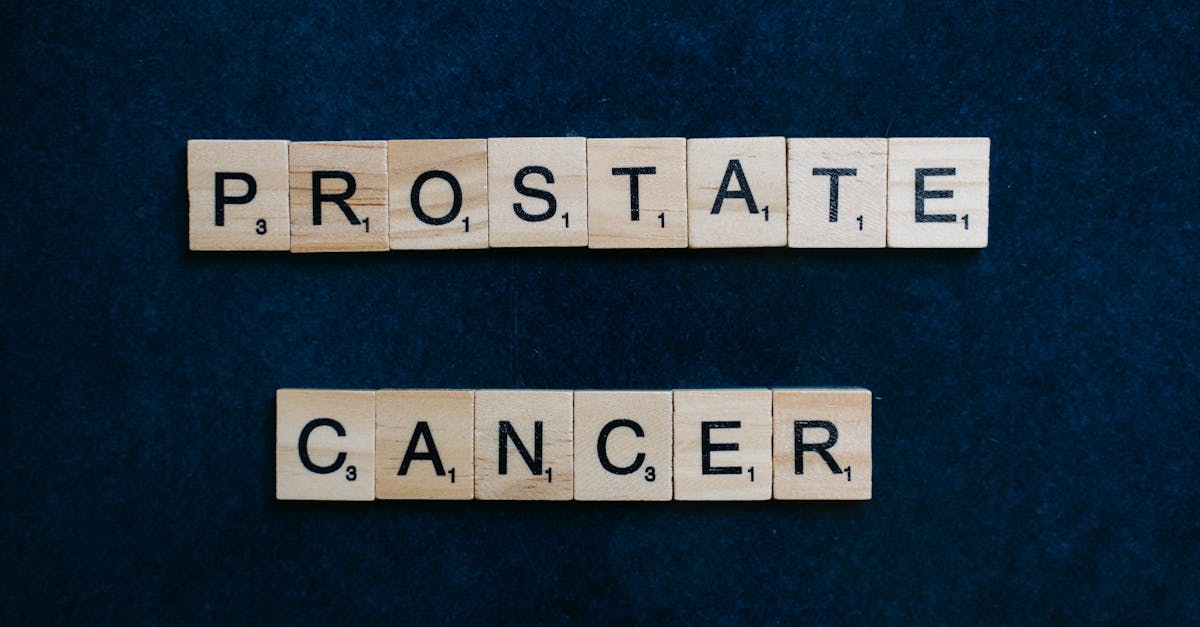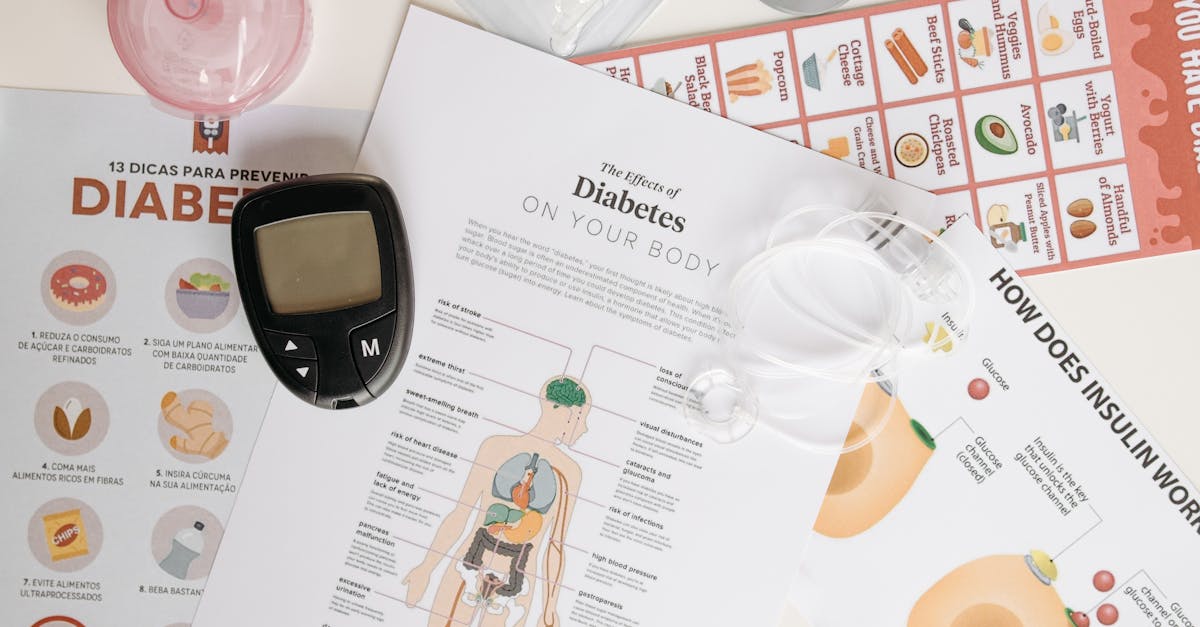The Importance of Regular Health Screenings
Introduction
Regular health screenings are a cornerstone of preventive healthcare, offering a proactive approach to maintaining overall health and wellness. These routine checkups are designed to detect potential health risks before they develop into serious conditions, enabling timely intervention and treatment. By identifying issues early, health screenings can significantly improve long-term health outcomes and quality of life. This article delves deeper into the importance of regular health screenings, exploring their role in early disease detection, prevention, personalized health planning, and more. Understanding the value of these screenings can empower individuals to take charge of their health and make informed decisions about their well-being.
Advertisement
Understanding Health Screenings
Health screenings encompass a wide range of tests and evaluations conducted by healthcare professionals to assess an individual’s overall health. These screenings can include blood pressure checks, cholesterol tests, blood sugar level assessments, cancer screenings (such as mammograms or colonoscopies), bone density scans, and more. Each test serves a specific purpose, providing valuable insights into different aspects of health.
For example, blood pressure screenings can help identify hypertension, a silent condition that often goes unnoticed until it causes significant damage. Similarly, cholesterol tests can reveal elevated levels of LDL (bad cholesterol), which is a risk factor for heart disease. By regularly monitoring these parameters, healthcare providers can detect abnormalities or changes that may indicate underlying health issues, allowing for early intervention and management.

Advertisement
Early Detection of Diseases
One of the most significant benefits of regular health screenings is the ability to detect diseases in their earliest stages, often before symptoms appear. Many serious health conditions, such as diabetes, hypertension, and various forms of cancer, develop silently and may not present noticeable symptoms until they have progressed to an advanced stage.
For instance, colorectal cancer often begins as small polyps that can be detected and removed during a colonoscopy before they become cancerous. Similarly, routine blood tests can reveal elevated blood sugar levels, signaling prediabetes or early-stage diabetes, which can be managed effectively with lifestyle changes and medication. Early detection not only increases the likelihood of successful treatment but also reduces the risk of complications, ultimately saving lives.

Advertisement
Prevention of Serious Health Issues
Beyond early detection, regular health screenings play a crucial role in preventing the development of more severe health conditions. By monitoring key health indicators, such as cholesterol, blood sugar, and blood pressure, healthcare providers can identify risk factors and recommend preventive measures.
For example, if a screening reveals high cholesterol levels, a doctor might suggest dietary changes, increased physical activity, or medication to lower cholesterol and reduce the risk of heart disease. Similarly, detecting prediabetes through routine blood tests can prompt individuals to adopt healthier eating habits and exercise routines to prevent the onset of full-blown diabetes. This proactive approach to health management helps individuals avoid the physical, emotional, and financial burdens associated with advanced diseases.
Advertisement
Personalized Health Plans
Regular health screenings provide healthcare providers with the data needed to create personalized health plans tailored to an individual’s unique needs. These plans take into account factors such as personal and family medical history, lifestyle, and screening results to offer precise and effective health management strategies.
For instance, someone with a family history of heart disease might receive recommendations for more frequent cholesterol checks and lifestyle modifications to reduce their risk. Similarly, a person with osteoporosis risk factors might be advised to undergo regular bone density scans and take calcium supplements. Personalized health plans empower individuals to take an active role in managing their health, ensuring that their care is aligned with their specific needs and goals.
Advertisement
Cost-Effective Healthcare
While some people may view health screenings as an unnecessary expense, they are often a cost-effective investment in long-term health. Preventive care, including regular screenings, can help avoid the high costs associated with treating advanced diseases. For example, detecting and managing high blood pressure early can prevent costly hospitalizations for heart attacks or strokes.
Moreover, early detection of conditions like cancer can reduce the need for extensive treatments such as chemotherapy or surgery, which are not only expensive but also physically and emotionally taxing. By investing in regular screenings, individuals can minimize their healthcare expenses and enjoy better health outcomes.
Advertisement
Addressing Age and Gender-Specific Risks
Health screenings are not one-size-fits-all; they are tailored to address risks specific to different ages and genders. For example, women may require regular mammograms to screen for breast cancer or Pap smears to detect cervical cancer, while men may need prostate exams to monitor for prostate cancer.
Similarly, older adults may benefit from bone density scans to assess osteoporosis risk or cardiovascular screenings to monitor heart health. Children and adolescents also have specific screening needs, such as vision and hearing tests or developmental assessments. These age- and gender-specific screenings ensure that individuals receive comprehensive health monitoring throughout their lives.
Advertisement
Informed Lifestyle Choices
Regular health screenings provide individuals with critical information about their health status, empowering them to make informed lifestyle choices. For example, learning that one has high cholesterol might motivate them to adopt a heart-healthy diet and increase physical activity. Similarly, discovering prediabetes through a blood test might encourage someone to quit smoking or reduce alcohol consumption.
This knowledge not only helps individuals take proactive steps to improve their health but also fosters a sense of control and responsibility over their well-being. By understanding their health risks, individuals can make decisions that align with their long-term health goals.
Advertisement
Building a Doctor-Patient Relationship
Routine health screenings help establish and strengthen the relationship between patients and healthcare providers. Regular checkups create opportunities for open communication, allowing individuals to discuss their concerns, ask questions, and receive guidance from their doctors.
This ongoing relationship fosters trust and encourages individuals to seek medical attention promptly when issues arise. It also enables healthcare providers to monitor changes in a patient’s health over time, making it easier to detect and address potential problems early. Effective doctor-patient collaboration is essential for navigating health journeys successfully and achieving optimal outcomes.
Advertisement
Conclusion
In summary, regular health screenings are a vital component of preventive healthcare, offering numerous benefits that extend far beyond early disease detection. They provide valuable insights into personalized health management, support informed decision-making, and help prevent serious health issues. By investing in regular screenings, individuals can take proactive steps to protect their health, reduce healthcare costs, and improve their quality of life.
Ultimately, regular health screenings are an investment in long-term health and well-being. They empower individuals to take charge of their health, make informed lifestyle choices, and build a strong partnership with their healthcare providers. By prioritizing preventive care, individuals can enjoy a healthier, more fulfilling life and reduce the risk of chronic diseases. Embrace the power of regular health screenings and take the first step toward a healthier future.
Advertisement


